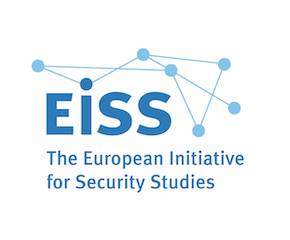Speaker
Description
How do citizens of U.S. allies assess different reassurance strategies? This article investigates the effects of U.S. reassurance policies on public opinion in allied states. We design and conduct a survey experiment in five Central-Eastern European states---Estonia, Latvia, Lithuania, Poland, and Romania---in March 2022. Set against the backdrop of Russia's invasion of Ukraine, this experiment asked respondents to evaluate four types of reassurance strategies, each critical tools in U.S. crisis response policy: military deployments, diplomatic summitry, economic sanctions, and public reaffirmations of security guarantees. The international security literature typically attaches great importance to capabilities in providing deterrence and reassurance benefits, while dismissing public reaffirmations as mostly `cheap talk' and economic sanctions as being largely ineffective. Yet we find preferences for the use of economic sanctions and public statements as reassurance strategies during crises, in part because these approaches help states manage escalation risks.
| What discipline or branch of humanities or social sciences do you identify yourself with? | Political Science |
|---|---|
| Are you a PhD student or early-career researcher? | Yes |

